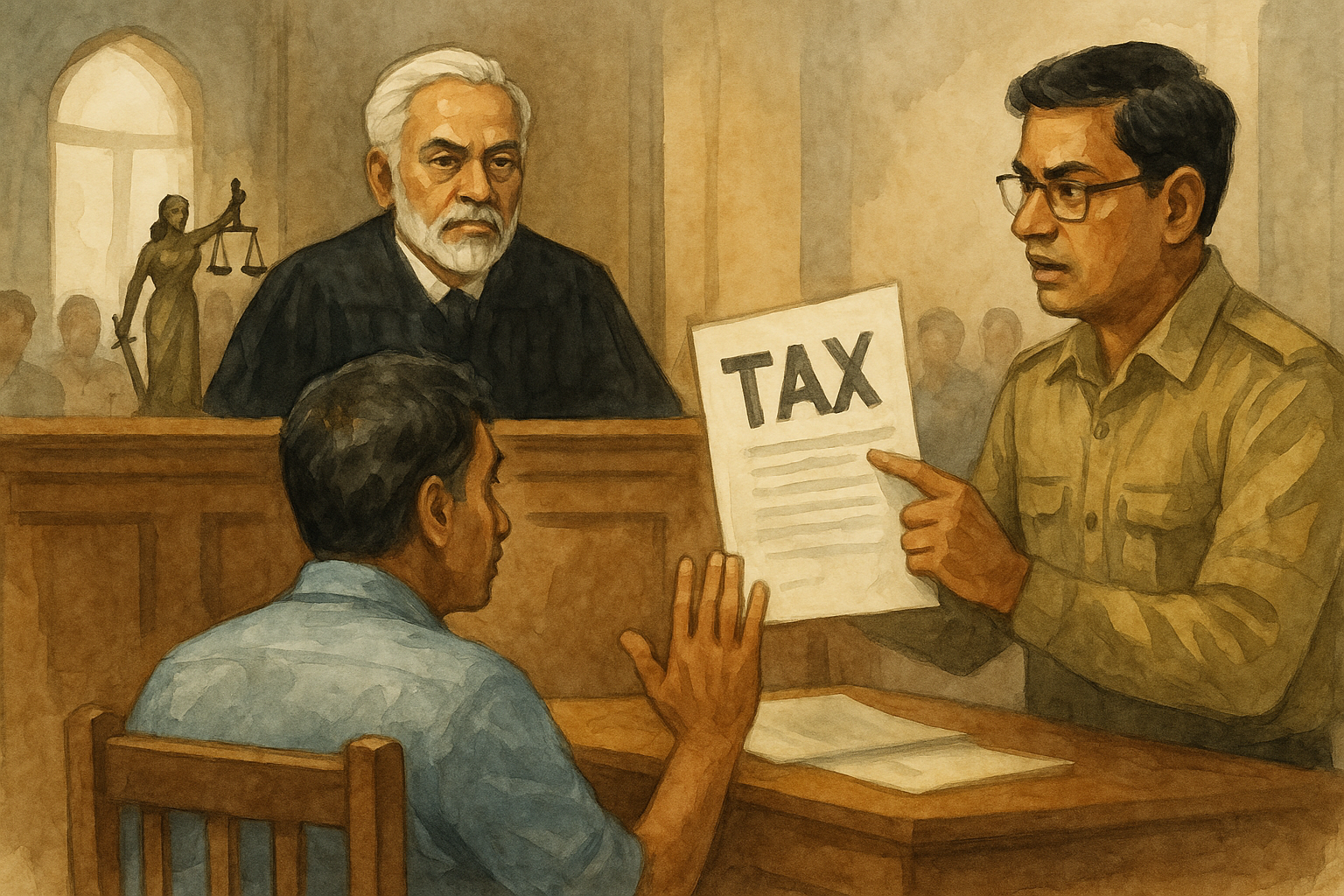Simplified Explanation of the Judgment
The Patna High Court recently delivered a crucial judgment in favour of a registered business entity that had inadvertently committed a clerical error while filing its monthly GST returns for April 2019. The error occurred while submitting Form GSTR-3B, where the petitioner mistakenly entered incorrect taxable value and tax amounts, leading to a mismatch with the already submitted Form GSTR-1.
The business, a two-wheeler dealer operating in Bihar, had paid tax under the Integrated Goods and Services Tax (IGST) instead of correctly dividing the payment between Central GST (CGST) and State GST (SGST). Realising this error, the petitioner promptly applied for a rectification of Form GSTR-3B to match it with the already accurate Form GSTR-1. However, the authorities rejected the rectification request on the ground that the law does not permit such adjustments between IGST and CGST/SGST once the return is submitted.
The tax department subsequently issued a demand for over Rs. 2.49 crores, including interest and penalty, which the petitioner contested, arguing that the error was unintentional and backed by sufficient input tax credit (ITC). The authorities had advised the petitioner to repay the tax correctly and then apply for a refund of the excess IGST—a process not clearly supported by statutory provisions.
Relying on the Bombay High Court’s ruling in Aberdare Technologies Pvt Ltd v. CBIC (upheld by the Supreme Court), the Patna High Court found merit in the petitioner’s plea. It noted that there is no loss to the state exchequer and recognized the petitioner’s genuine mistake.
The Court set aside the previous adverse orders and directed the authorities to permit rectification of Form GSTR-3B in alignment with Form GSTR-1 within a month. It also permitted a manual application if the GST portal is not functional for the amendment.
Significance or Implication of the Judgment
This ruling provides relief to many taxpayers and businesses who may face disproportionate penalties due to minor clerical errors while filing GST returns. By allowing rectification, the Patna High Court upholds principles of natural justice and reduces unnecessary litigation and financial hardship caused by rigid procedural interpretations. It also encourages a more taxpayer-friendly approach from GST authorities, especially in cases where there is no revenue loss.
Legal Issue(s) Decided and the Court’s Decision
- Whether rectification of GSTR-3B to match GSTR-1 is permissible post-submission?
- Held: Yes, rectification is permitted as a clerical error when no revenue loss occurs and the petitioner has sufficient ITC.
- Whether a demand raised on erroneous tax heads despite available ITC is justified?
- Held: No, such a demand is arbitrary and violates Article 265 of the Constitution.
- Is the insistence on repayment and re-claim of refund legally sustainable?
- Held: No, it is not supported by statutory provision and creates unnecessary procedural burden.
Judgments Referred by Parties
- Kerala High Court decision in WP(C) No. 35868 of 2018
Judgments Relied Upon or Cited by Court
- Aberdare Technologies Pvt Ltd & Anr vs. CBIC & Ors., Bombay High Court, WP No. 7912/2024
- Engineers India Pvt Ltd v. Union of India & Ors.
Case Title
Om Traders v. Union of India & Ors.
Case Number
CWJC No. 16509 of 2024
Coram and Names of Judges
Hon’ble Mr. Justice P. B. Bajanthri
Hon’ble Mr. Justice S. B. Pd. Singh
Names of Advocates and Who They Appeared For
- For the Petitioner:
Mr. D.V. Pathy, Mr. Sadashiv Tiwari, Mr. Hiresh Karan, Mrs. Shivani Dewalla, Mrs. Prachi Pallavi - For the Respondents:
Mr. Anshuman Singh (Senior Standing Counsel, CGST), Mr. Vikas Kumar (SC-11)
Link to Judgment
ebbf04d1-bbaa-4e54-84ad-0d67bddbfe83.pdf
If you found this explanation helpful and wish to stay informed about how legal developments may affect your rights in Bihar, you may consider following Samvida Law Associates for more updates.








